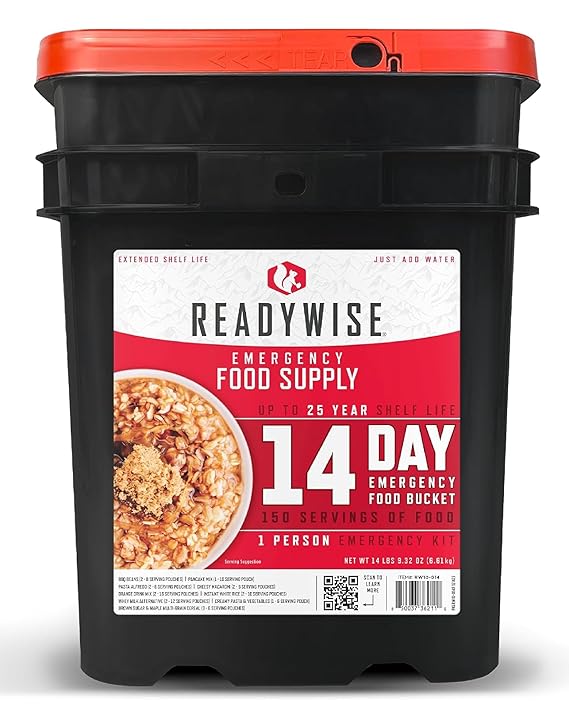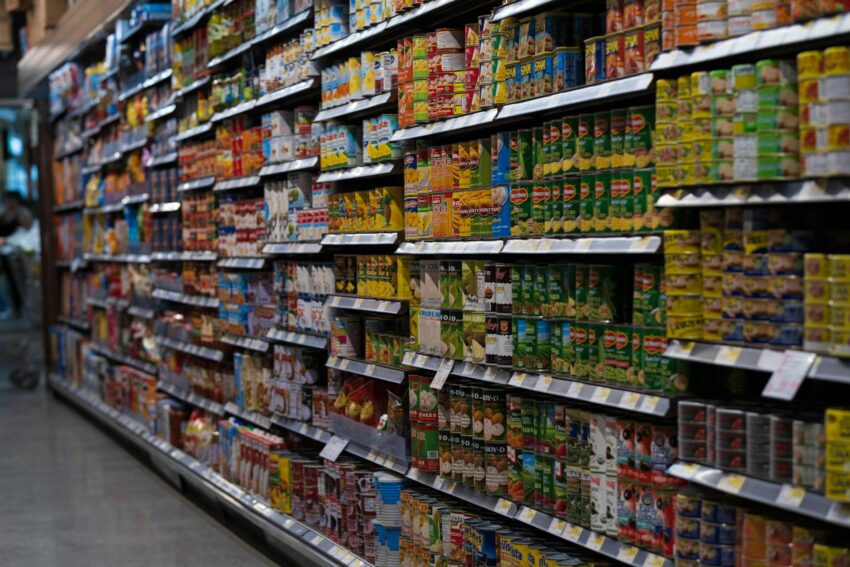You ever have one of those days when it feels like everything is spiraling out of control? You know the ones—when you can’t find a moment to breathe because the laundry’s piling up, the kids are begging for snacks, and, oh yeah, you just realized you’re almost out of toilet paper. And that’s not even the worst part. The worst part? That nagging voice in the back of your head telling you that you’re not prepared for whatever life throws at you next. Not financially, not emotionally, and not even physically. And as a young parent, that voice can be loud.
Now, don’t get me wrong—you’re not alone in this. Every parent, especially young ones trying to juggle it all, feels that panic from time to time. It’s overwhelming, isn’t it? The world around you feels like it’s constantly shifting, and you’re just trying to keep your family safe and secure. But what if that anxiety didn’t have to be the default setting? What if you could find a way to break free from that hamster wheel of panic, to actually be in control—of your time, your finances, and your family’s future?
I’m talking about something that sounds deceptively simple—being prepared. Not just for the next big crisis, but for the little moments that, when added together, turn into bigger ones. Preparedness isn’t about having a survivalist bunker in your backyard or spending all your money on expensive gadgets you’ll only use once a year. No, it’s about taking small steps, in the right direction, to build a life where you aren’t constantly caught off guard. A life where your family is secure and you can breathe a little easier.
Now, picture this: You walk into your kitchen, and it’s… quiet. Your shelves are stocked—not with processed junk or random impulse buys—but with things you know your family will actually use. You’ve got cans of veggies, bags of rice, maybe even some homemade jams you made yourself. It’s like a pantry that practically runs on autopilot. Every meal, no matter how hectic, is just a few ingredients away from being put together. You’ve got enough food to last through any emergency without the stress of last-minute trips to the store. And the best part? You’re doing all this while sticking to a budget, not breaking the bank.
The thing is, you don’t need to be rich or own a second home in the middle of nowhere to be prepared. It doesn’t take a fortune or an army of supplies to start making smarter choices today. It’s about looking at what you have and using it to its fullest potential. Think about it: You can begin with simple, inexpensive items—stuff like beans, pasta, rice, and canned goods—and slowly build from there. Start small. And before you know it, you’ve created a security blanket that’s woven from things you already use daily. It’s not flashy, but it’s practical. It’s simple. And it works.
But here’s the twist—you don’t even need to empty your savings to do this. In fact, the reality is that most people spend more than they need to on stuff that doesn’t actually help them when times get tough. So, what if you flipped the script? What if you spent less on those things and focused on building up a reserve of real value for your family? You could start with cutting out small, unnecessary expenses—subscriptions you forgot about, that daily coffee you could brew at home—and begin to build up an emergency fund, one tiny step at a time. Even if it’s just $10 a week. That’s it. The goal here isn’t perfection, but progress. And with time, you’ll notice those small efforts snowballing into something much more significant.
Here’s the thing, though—preparation isn’t just about physical things like food or money. It’s about mindset. We’ve all seen the headlines, the latest natural disaster, or a sudden economic downturn that leaves people scrambling. And sure, it’s easy to feel like you’re at the mercy of whatever life throws at you. But what if you had a different approach? One where you’re not just reacting to the world, but responding from a place of strength. A place where you’ve already thought about what could go wrong—and you’ve planned accordingly. When you’re mentally prepared, you’re much better equipped to handle those curveballs. Your mind stays clear, your decisions more deliberate, and your reactions more measured.
What’s more, the sense of peace you feel when you know you’ve done something to protect your family is unmatched. It’s like having a safety net, but without the stress of having to worry about it every single second. You’re in control of your fate, not scrambling in a panic when the unexpected happens. You’ve got the tools and the knowledge to navigate whatever comes your way. You don’t need to be a prepper to get there, just a little intentionality.
Now, I know what you’re thinking: “I’m busy. I don’t have time for this.” Believe me, I get it. The thought of adding yet another thing to your plate can feel like too much. But hear me out—this doesn’t have to be some huge, overwhelming task. In fact, it’s about setting aside small pockets of time here and there. It’s about thinking ahead just a bit, saving a few extra bucks where you can, and getting smarter with the way you manage your resources. It doesn’t require you to quit your job and move to the mountains, just a few mindful tweaks in how you spend your time and money.
So let’s talk specifics. What if you could start with something as simple as food storage? You know that feeling when you open your fridge and wonder how you’ll make dinner out of what’s left? Instead of that stress, imagine opening your pantry and seeing enough dry goods to whip up meals for weeks. You don’t need to stock up on fancy “prepper” supplies. Simple, basic things that you can use every day—things like pasta, beans, rice, and canned veggies. It’s affordable, it’s manageable, and it’s something you can do bit by bit, as your budget allows.
And when it comes to your finances—think about how freeing it would be to have even a small emergency fund tucked away, just in case. No more panic when the car breaks down or the kids need something unexpected. Just a little peace of mind knowing that you’ve got it covered. Maybe you can’t stash away thousands of dollars overnight, but could you spare $10 a week to start? It all adds up faster than you think.
And let’s not forget the mental side of preparation. This is a big one. Because it’s not just about having stuff. It’s about having the right mindset. Being prepared means thinking ahead, staying calm, and keeping your focus. When you know you’ve done what you can to plan for the future, you’re not just reacting—you’re leading. That kind of control, that kind of clarity, can’t be bought. It’s something you create for yourself.
So, what’s stopping you? Are you ready to take that first step? It doesn’t have to be perfect. Just start where you are, with what you have. Because the truth is, you already have everything you need to begin. It’s not about making big, dramatic changes—it’s about taking small, consistent actions that, over time, add up to a future where you and your family are ready for anything. Your peace of mind is worth it, and your family deserves it. So, take that first step. You’ve got this.


